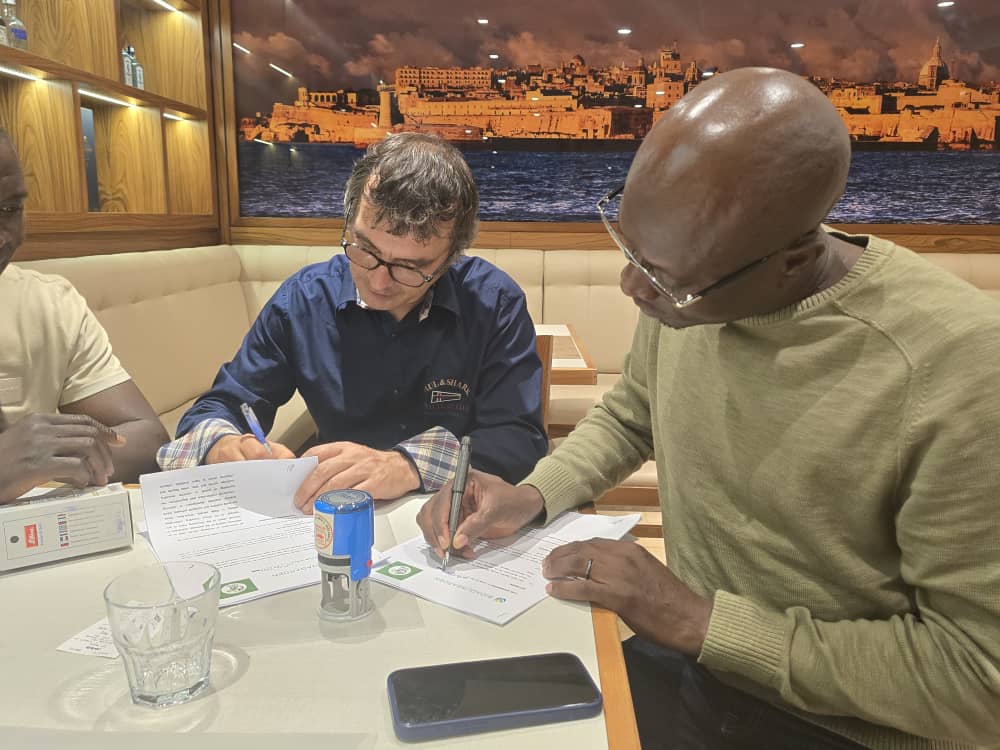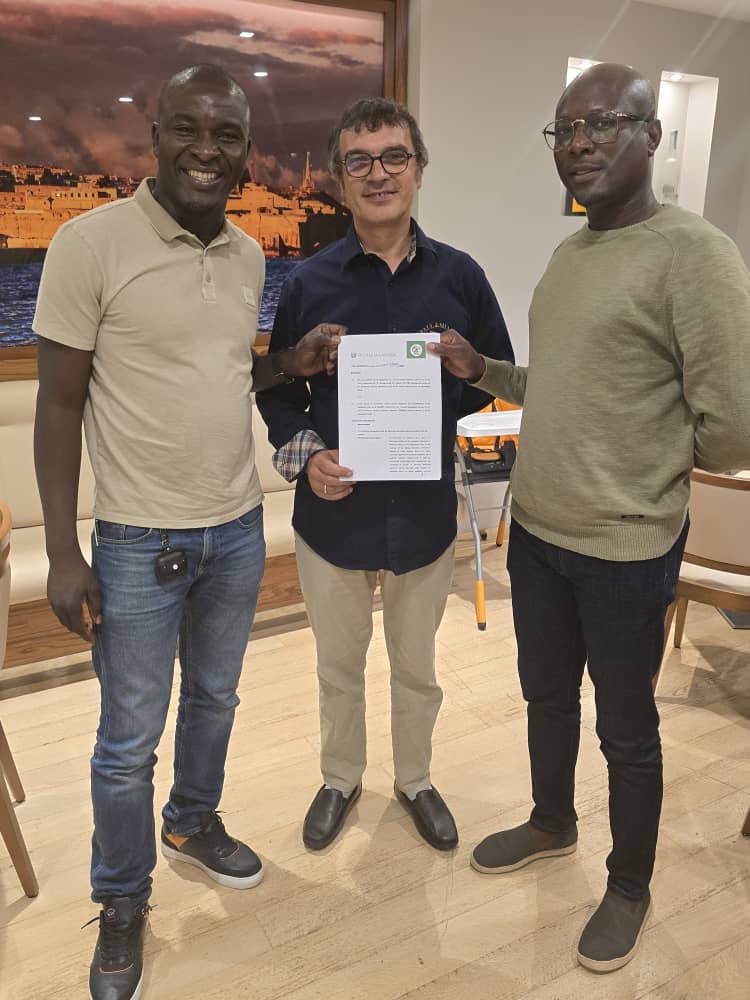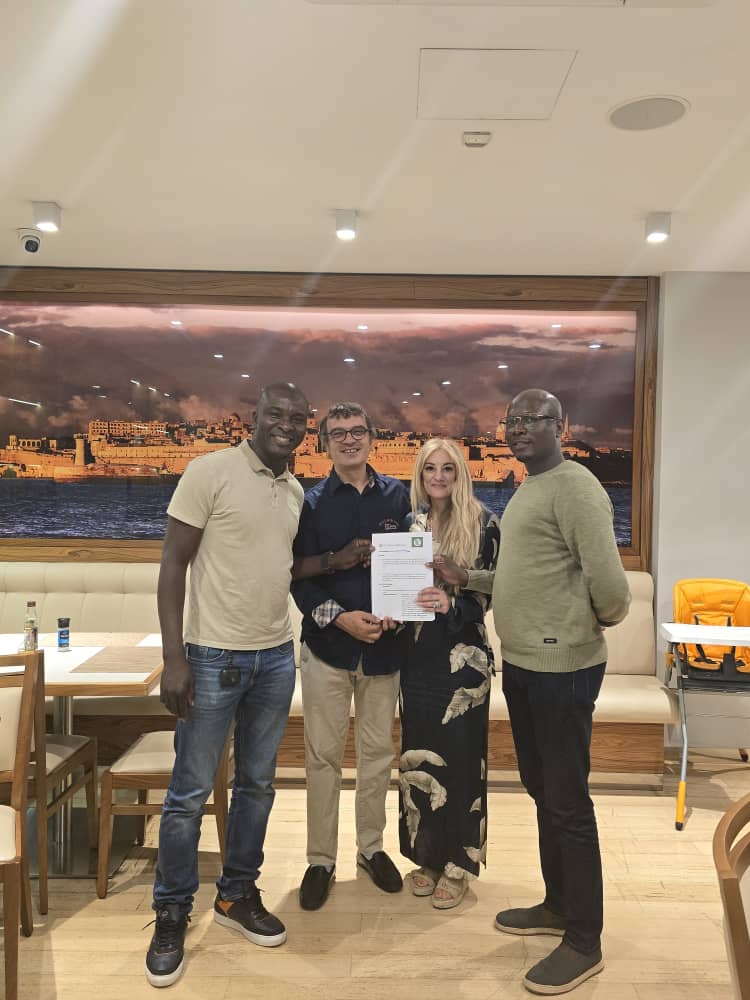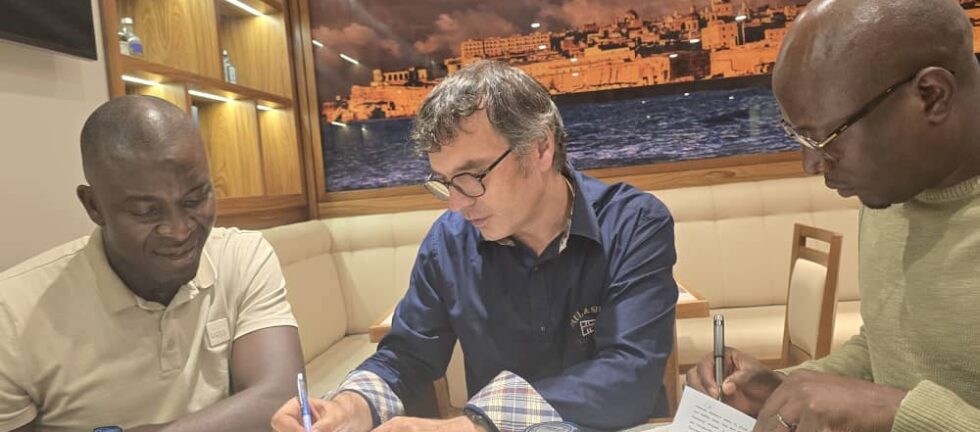On May 21, 2024, Puzuri Group of Companies Limited proudly signed a preliminary agreement with BioAquaGarden to bring their innovative technology solutions and agritech systems to Ghana. This collaboration will focus on implementing BioAquaGarden’s Combined Greenhouse and Bio Aqua Garden systems for cultivating vegetables, fruits, and fish. This venture aligns with Puzuri’s vision of advancing sustainable agriculture and addressing critical food security challenges in Ghana.
The Director of BioAquaGarden Ltd., Mr. Alexsandar Sakota, expressed his optimism about the partnership. He emphasized that these advanced agricultural solutions would tackle pressing issues related to water, energy, and food security. By introducing regenerative circular economy solutions, Ghana is set to become a leading African nation in supporting and providing natural, nutritious crops. Mr. Sakota envisions that this initiative will not only benefit Ghana but will also spread successful farming practices across Africa and eventually worldwide.

Puzuri’s Executive Director, Mr. Abdul Rahaman Yahaya shared his excitement about this groundbreaking partnership. He highlighted the potential impact of the youth training program under the NSS-Puzuri partnership, emphasizing how it would contribute to eliminating hunger and promoting sustainable farming practices. He believes that the return of backyard farming, particularly in urban areas, will be transformative, enabling cities to actively participate in agriculture.
Impact on Puzuri’s Vision and Greenhouse Project
This partnership aligns perfectly with Puzuri’s vision of fostering sustainable agricultural practices and empowering communities through innovative solutions. The Combined Greenhouse and Bio Aqua Garden system will revolutionize farming by integrating aquaculture and hydroponics. This method not only saves water and space but also ensures high yields of nutritious crops and fish. The system’s adaptability to urban settings will encourage city dwellers to engage in farming, promoting food security and sustainability.

NSS-Puzuri Partnership and Its Effectiveness
The collaboration will also enhance the effectiveness of the NSS-Puzuri partnership. By training young people in these advanced agricultural techniques, Puzuri aims to build a skilled workforce capable of driving the agricultural sector forward. The training program will empower youth with practical skills, making them agents of change in their communities. This initiative is expected to create employment opportunities, reduce poverty, and ensure food security.
Alignment with Relevant SDGs
This partnership contributes significantly to several United Nations Sustainable Development Goals (SDGs):
SDG 2: Zero Hunger: By increasing food production and ensuring a steady supply of nutritious crops and fish, this initiative directly addresses hunger and malnutrition.
SDG 1: No Poverty: Training and empowering youth in agriculture will create job opportunities, thereby reducing poverty.
SDG 12: Responsible Consumption and Production: The use of regenerative circular economy solutions promotes sustainable farming practices, reducing waste and conserving resources.
SDG 13: Climate Action: By promoting efficient water and energy use in agriculture, the project helps mitigate climate change impacts.

Background and Exposition of BioAquaGarden Ltd.
BioAquaGarden Ltd., based in Malta, is a pioneering company in the field of aquaponics and integrated greenhouse systems. Since its establishment in early 2010, BioAquaGarden has been dedicated to developing and refining systems that combine aquaculture and hydroponics. Their innovative approach allows for the efficient production of vegetables, fruits, and fish in a self-sustaining environment. BioAquaGarden is committed to promoting sustainable agriculture and addressing global food security challenges through their advanced technological solutions.
In conclusion, the partnership between Puzuri Group of Companies Limited and BioAquaGarden represents a significant step towards transforming agriculture in Ghana. By leveraging innovative technology and sustainable practices, this collaboration will drive food security, empower youth, and promote sustainable development, making a lasting impact on communities across the country.



